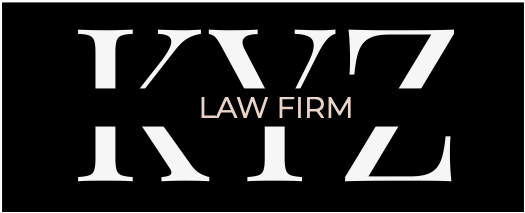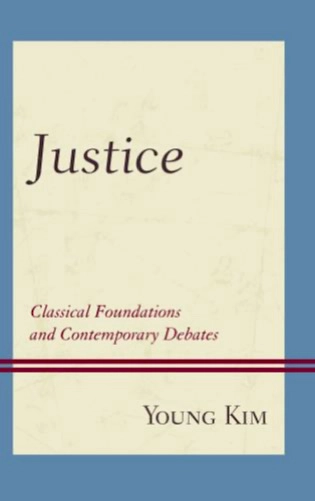What is the point of justice, after all, if not to establish a moral framework for political interactions? The question resonates especially when recognizing that no monocultures exist over time and space. In examining Plato’s thoughts on individual and social morality (dikaiosune) and Aristotle’s focus on individual virtue (arête) and the pursuit of well-being (eudaimonia), the author proffers foundational resources for today’s discussions of justice. Moreover, he brings this nexus of thought into conversation with theories that have emerged over the centuries, such as Kant’s concept of due concern and respect, individual rights and responsibilities as in Hobbes, Locke and J.S. Mill. Thus, he engages contemporary disputes of justice including distributive vs. relational schemes, choice vs. chance considerations, group rights theories, value pluralism, the right vs. the good, as well as international and future justice. His inquiry concludes with the provision of a deontological framework set against a liberal political context, justice as right actions, for further examination of questions of justice.


